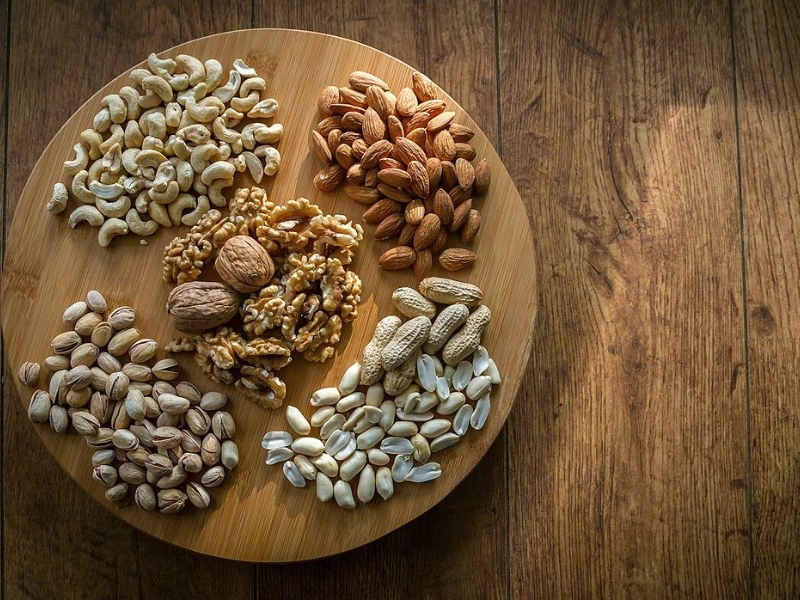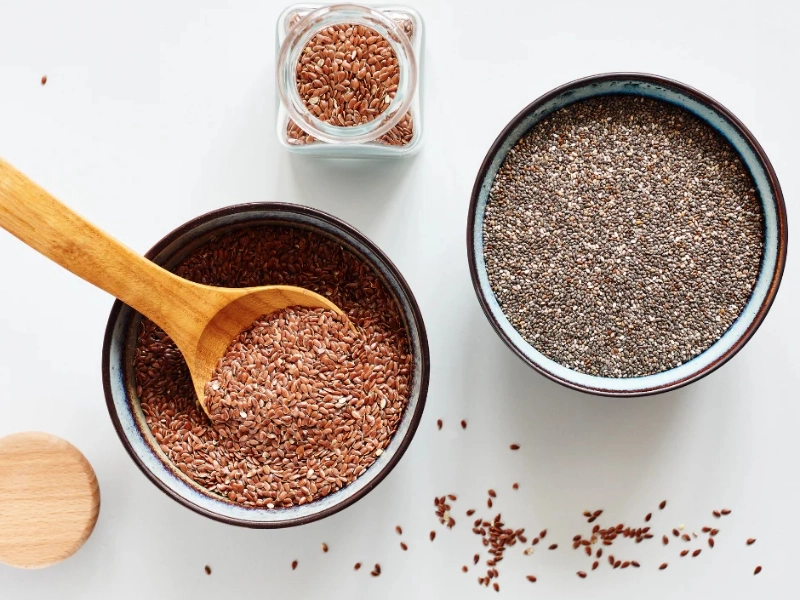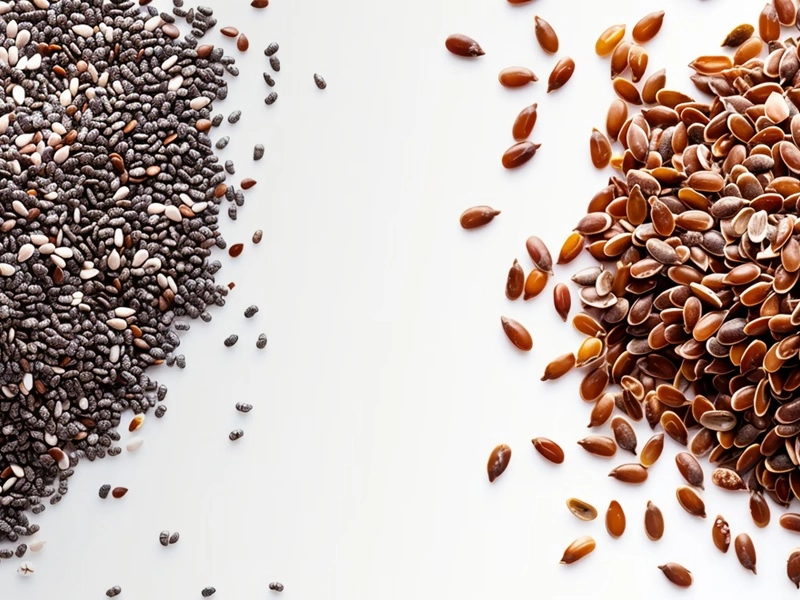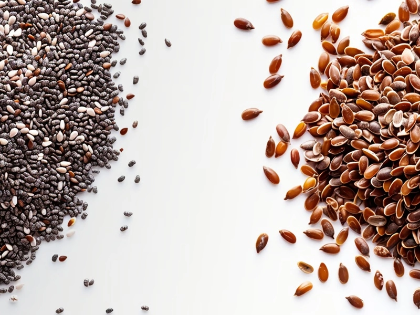The Omega-3 Richness of Certain Nuts and Why It Matters

Clarifying Omega-3 Fatty Acids
Essential fats with great importance for preserving general health are omega-3 fatty acids. Unlike other fats, omega-3s cannot be generated by the body thus they are really essential to get from diet. These fatty acids are well-known for their anti-inflammatory effects and for supporting brain function, heart health, even mood control. Understanding the value of omega-3s can inspire people to include additional sources of these good fats in their regular meals.
The Part Nuts Play in Omega-3 Consumption
Because of their great concentration of beneficial fats, protein, and fiber—among other nutrients—nuts are sometimes praised for their health value. Of all the nuts, several are particularly high in omega-3s. Including these nuts into your diet is a quick and delicious approach to increase your omega-3 consumption. Knowing which nuts contain especially lots of omega-3s will enable you to choose your food wisely.

Walnuts: Champions of Omega-3s
One of the better sources of omega-3 fatty acids available from plants are walnuts. Alpha-linolenic acid (ALA), a form of omega-3 good for heart health, is rather abundant in them. Just a handful of walnuts can supply a significant amount of the daily advised ALA consumption. Walnuts are a great addition to a heart-healthy diet since regular eating of them has been linked to lower inflammation and better cholesterol levels.
Chia Seeds: Microscopic Powerhouses
Though not strictly speaking a nut, chia seeds are frequently mentioned in talks on meals high in omega-3s. These little seeds are readily included into many recipes and bursting in ALA. For a healthy boost, toss chia seeds into yoghurt, muesli or smoothies. Their popularity for making healthful puddings and snacks also stems from their water absorption and gel-like consistency.
A Nutritional Gem: Flaxseeds
Another great source of ALA, flaxseeds bring great value to any diet meant to boost omega-3 consumption. Because ground flaxseeds the body absorbs more readily than whole seeds, nutrient use can be improved. Including flaxseed meal into baked products, smoothies, or cereals will improve the nutritional value of your meals and offer the omega-3 advantages.

How Omega-3s Affect Heart Health
Consuming omega-3 fatty acids—especially from nuts and seeds—has been linked to many advantages for heart health. Omega-3s lower blood pressure, aid to control triglycerides, and cut the risk of arrhythmias. Including walnuts and flaxseeds, which are high in omega-3s, will help your heart disease risk is lowered and cardiovascular health is supported.
Omega-3s and Cognitive Development
Crucially important for brain function and mental well-being, omega-3 fatty acids also support cognitive development. Studies indicate that enough omega-3 intake might boost mood and possibly lower the risk of neurodegenerative illnesses. Including nuts high in omega-3s in your diet can help to improve brain function and general mental health, therefore they are a wise choice for everyone wishing to support cognitive performance.

Including Omega-3 Nuts into Your Diet
Including nut varieties high in omega-3s in your regular diet is easy and flexible. Walnuts are a snack; you might toss flaxseeds over salads or mix chia seeds into smoothies. Trying several recipes can enable you to find fresh approaches to appreciate meals high in nutrients. To improve your breakfast or use nut-based spreads to liven your dishes and increase your omega-3 consumption, think about including a handful of nuts.
Concise Overview
Some nuts and seeds' abundance of omega-3 fatty acids emphasises their significance in a balanced diet. Excellent sources of ALA—which supports heart health, brain function, and general well-being—walnuts, chia seeds, and flaxseeds. Including these foods high in omega-3s into your meals will let you savour their great tastes and get their many health advantages. Including these nutritious powerhouses will help to produce a more balanced diet and better health results.








